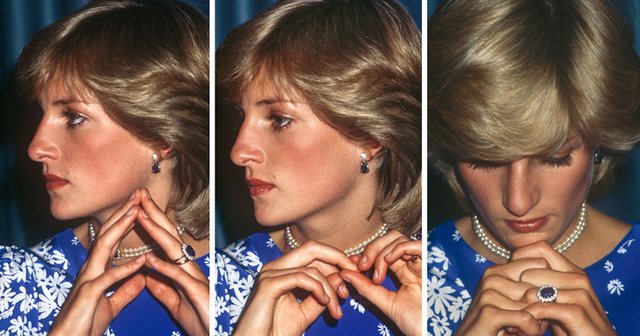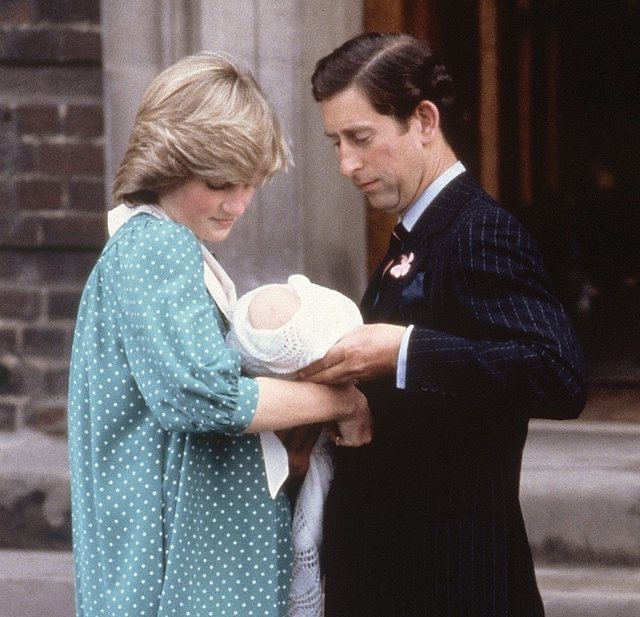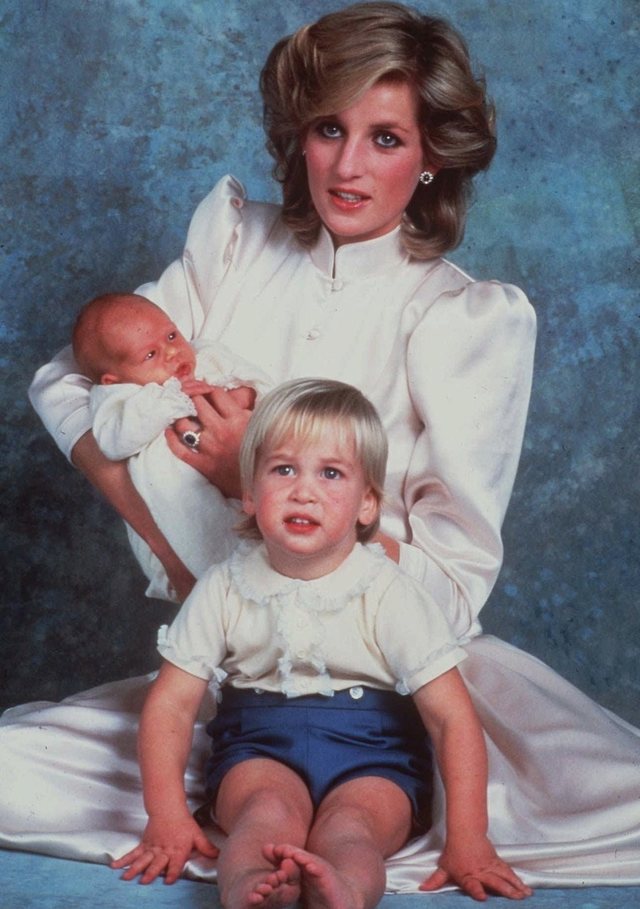
Postpartum Depression is a long-lasting mood disorder that many mothers experience after bringing their children into action. Few people know, but princess Diana suffered from depression after she brought her son William back to life. She did not tell anyone about her stress and concern, and she struggled alone for anxiety. In several interviews, years later, she told the world the psychological problems she had faced and how depression after childbirth caused her to suffer.
Today you will be able to read the touching story of Princess Diana and hope that many new mothers will be encouraged if they are going through the same situation:
In 1982 when Princess Diana gave birth to her first baby, William, depression was something that was never discussed in public or privately with friends and family. Princess Diana was one of those women who wanted to keep her worries and worries about herself, and she never shared negative feelings with others. She later gave a sincere interview about this dark period in her life with British journalist Andrew Morton for her book called Diana: Her True Story.
In this book, Diana shares how much media pressure had been about her first pregnancy and how things got worse after baby's arrival. "He came home and postpartum depression hit me hard and there was no blame for the baby, but thoughts in my head. I was very worried," Diana says.
This was the time she felt the burden of being a woman, mother and princess of men-all at the same time. Diana admitted that she was feeling worried about everything and that she continued to fight quietly.
"If Prince Charls did not come home, at the usual hour, I thought something bad had happened. The tears, panic, and all the rest were drama. He never has my panic, as he always finds me silent ", - said the princess.

The Princess spoke of postpartum severe depression in another BBC interview in 1995.
The Princess admitted she felt relieved to learn that she was expecting a boy because the pressure she experienced then was so great that this depression accompanied her throughout her pregnancy.
"I felt that the whole country was working with me, " said Diana.
She added that pregnancy was difficult, she did not feel good about it, and things got worse when she faced psychological issues after birth:
"Women do not talk much about postpartum depression, though it is very difficult. You wake up in the morning and do not want to get out of bed. I have never fallen into depression in my life. But this was really the case that I just needed to rest " , said the princess at that time.
Although Diana received treatment, she said she lacked her personal time, her family's space and support, which she did not feel she had enough. Moreover, her depression severely affected not only her physical and psychological health, but her marriage as well.
Princess Diana's story tells how important it is to talk about your problems and ask for help. Postpartum Depression is a complex disorder caused by a variety of physical and psychological factors. The hormonal balance in a woman's body changes after birth, causing chemical changes in the brain, and leading to changes in the mood. In addition, young mothers do not sleep enough, do not cease, and other people's support occasionally misses you.

If postnatal depression is not treated, it may take months or even years, seriously affecting a woman's physical and mental health, making it difficult to take care of her or her own baby. Professional treatment for this disorder includes counseling, therapy and medication, if necessary.
Family and friends are the first to notice signs of postpartum depression in a new mother, so if you find someone you love needs support, give it to and encourage you to visit a doctor. If you are the one who suffers from postpartum depression, do not be ashamed to talk about the problem with your family, friends or doctor so you can get the help you need.





